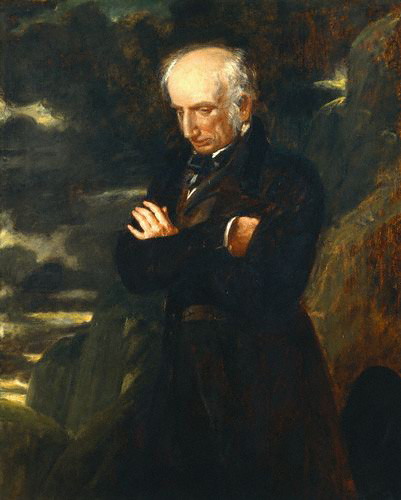CUT DOWN TREES AND FORGET ABOUT NATURE
It's been the way in English language, or perhaps most of the languages in the world, to address the totality of humanness as 'human nature'. We often say, it's my nature or it's natural for me to do this or that. Are we justifying ourselves using this term, as if being in harmony with our true nature is somehow rewarding?
What is Nature?
Is it what we see outside? Or is it the real stuff that is inside of us? Is Nature a dictating force, like school teachers, parents or governments?
Tomorrow (June 5) is World Environment Day
(WED). It seems, as an observer, when I contemplate, that this day is
purely celebrated for asserting our awareness that we, humans are
somehow superior to Nature. Why else would we even consider a day to commemorate it, to freshen up its memory in our minds?
When
we celebrate Mother's Day or Valentine's Day, do we actually think
about "preserving" or "protecting" those people in our lives? Perhaps
yes, but in a way that is not the same as we think about nature. Here is
a fascinating quote that may help you open the doors of your mind
towards a new possibility. This quote is attributed to Albert Einstein. “A
human being is a part of the whole called by us universe, a part
limited in time and space." In Einstein's words , our existence is
inclusive of Nature not exclusive. And from these words one can also surmise that the term Nature
is often misinterpreted as the environment of the earth alone, the
planet we inhabit. Einstein makes it clear that our existence owes to
the whole universe itself. In other words, it would not be inappropriate to include the whole universe into the sense of 'nature', a totality.
I would like to share with you a piece of poetry that arrested my thoughts and took them to a new level of clarity.
"Because the lovely little flower is free
Down to its root, and, in that freedom, bold;
And so the grandeur of the Forest-tree
Comes not by casting in a formal mould,
But from its own divine vitality."
["A Poet! He Hath Put his Heart to School"__William Wordsworth]
 |
| William_Wordsworth |
It is in that freedom that Nature redeems its own existence, and not in human interference. However, an idea such as 'protecting environment' instantly pulls back any attempt to free Nature from cultural intervention. What else can we call these "concerns" over degradation of nature other that "cultural intervention"?
It
is a fact that human interaction is only helping the imbalance of
nature, if such it can be called. We all know what I mean by "It".
We live in a world conditioned to believe that earthquakes, snow-melts
and Tsunamis occur due to environmental degradation and atmospheric
pollution. Cutting trees for example, we teach in schools, had caused
severe damage to our ecosystem. We have no shortage of words to explain
these things, this awful situation.
It.
It will come and get us, one day, we teach our classes.
How many of us really think if those trees we plant on each WED are really useful to Nature or to those beings dwelling in it? After all, we all are part of Nature.
Remember that quote by Einstein? So the real question is, how many
trees we plant each year are not harmful for the environment of a
specific locale? For example, in Kerala, during the 90s, planting acacia was
a trendy term. Government funding was initiated to execute this
'revolutionary idea'. It was a nice feeling; the government was planting
acacia trees all over the place, wherever trees could be planted.
Roadsides, school-grounds, and other open spaces were preferred. No one
knows who, someone gave the orders.
Now, people complain that groundwater
levels have gone down. Wells dry. Here in Kerala, folks resort, for the
most part, wells for their drinking water. Is acacia responsible for
the drying up of wells and the dry
weather? Some people say, yes, it is. However, the scientific
community, the little that is left here, hasn't undertaken any serious
effort to study the impacts of specific species of trees in different
localities. Rubber trees, for example, boosted up Kerala's economy. But
they also dried up the ground water, and left the ecosystem close to
their plantation area dryer.
It is layman's knowledge that if we left a place for a considerable period of time without any human activity, the area would be
possessed by nature, in its various true forms. That need not be trees
alone. A bunch of small brushes would do. One does not need to be a scientist
or expert to know this. Human interference, in whatever way our culture
dictates, like planting trees and building ecosystems or parks, is not
needed for this process.
It's time to cut down those trees we planted simply to show off what was fashionable or political correctness. It's time to just let Nature be.











Comments
Amit lamba